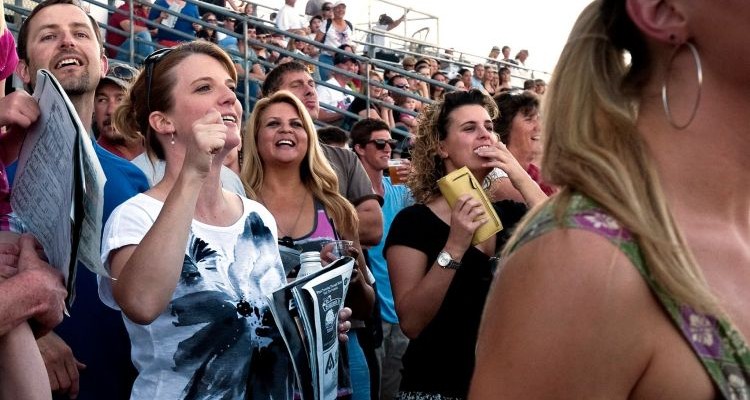A legislative audit earlier this week stated that the Idaho Racing Commission ran afoul of the law when it disbursed funds from the now shuttered Les Bois Park’s historical/instant racing machines. The race track, Idaho’s only commercial racing facility, went dark in March after Gov. Butch Otter failed to deliver his veto on time to quash a bill repealing a law that allowed the slot-like devices.
The money in question went to two breeding associations in late 2015, after the machines were made illegal, leaving the commission no authority to distribute the funds. The commission still has over $140,000 in its budget, but no legal authority to dole it out. The IRC still owes public schools more than $72 million. Previous to a repeal of the law authorizing the devices, the IRC was mandated to distribute funds to the breeding associations, the Idaho Horse Council Youth Programs Account, and public schools.
Idaho lawmakers failed to craft language in the 2016 legislative session giving the commission spending authority, but new legislation slated for 2017 is expected to remedy that.
Smaller horse racing venues such as at county fairs depended on proceeds from the commercial racetrack for purses and breeders depended on the money for their industry. Les Bois Park and two off-track betting venues hosted about 250 racing machines with other venues waiting for the legal fight to settle before investing.
Les Bois Park closed for a year previous to the machines coming onto the scene but otherwise had been open for 40 years.
“We’ll never have another Gary Stevens, a Hall of Fame jockey from right here in Boise,” said Myron Amsden of the Idaho Horse Council in an interview with a local television station in March. “The dreams of the youth, that’s gone, it’s never coming back.”
The legislature’s decision to repeal a law they had already passed, and the governor’s failure to legally veto the repeal directly affected the horse tracks ability to stay in business, costing the small state over 500 jobs – about half of them full time at Les Bois Park, nearly $10 million in wages including fringe benefits, $5 million in interest, rent, taxes, and profits, and about $35 million in increased sales of goods and services – according to an economic impact study performed by Boise State University.
In October 2015, Idaho’s governor called for plans to reinstate the racing machines with more government oversight. The idea fell flat with most lawmakers.
Without Les Bois Park, the IRC is slated to receive about $80,000 for FY2017 to service the needs of the nine remaining race tracks in the state. Some reports indicate that funding is not even enough to pay part-time veterinarians. More money is needed to hire investigators and stewards to check for illegal activities, watch out for animal cruelty, and other duties.
Without enough money to fund purses no Idaho tracks are expected to draw top horses, trainers, and jockeys and attendance at the sporadic events is not expected to increase.
Similar to other states, Idaho’s horse racing industry has been on the decline for decades due to reduced interest in animal sports and competition from other forms of gambling.


